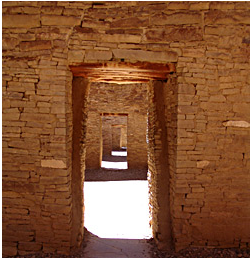Publication Date
5-1-2018
Abstract
This dissertation uses modern habitats and fauna to model the variability and predictive power of strontium isotope ratios in identifying dispersal patterns in primates and habitat preference in primate and non-primate fauna. It concludes that there are significant isotopic differences between gallery forest and xeric grassland habitats in the same area and that these differences are reflected in fauna with habitat preferences for one or the other. It also identifies the most reliable methodological approaches for identifying the philopatric and dispersing sex in primate communities. Finally, it applies this methodological recommendation to strontium isotope data from South African hominins, concluding that both Australopithecus africanus and Australopithecus robustus followed patterns of female dispersal and male philopatry while also suggesting a larger home range size for A. africanus.
Keywords
Strontium isotope ratios, landscape use, riparian habitats, philopatry, dispersal, hominin evolution, australopithecines
Project Sponsors
The National Science Foundation, the Wenner-Gran Foundation, the Leakey Foundation, Sigma Xi, the University of New Mexico Office of Graduate Studies, UNM Graduate and Professional Student Association, and the UNM Department of Anthropology
Document Type
Dissertation
Language
English
Degree Name
Anthropology
Level of Degree
Doctoral
Department Name
Anthropology
First Committee Member (Chair)
Sherry Nelson
Second Committee Member
Martin Muller
Third Committee Member
Diego Fernandez
Fourth Committee Member
Seth Newsome
Recommended Citation
Hamilton, Marian Irene. "Reconstructing Landscape Use Patterns Using Strontium Isotope Ratios." (2018). https://digitalrepository.unm.edu/anth_etds/144

